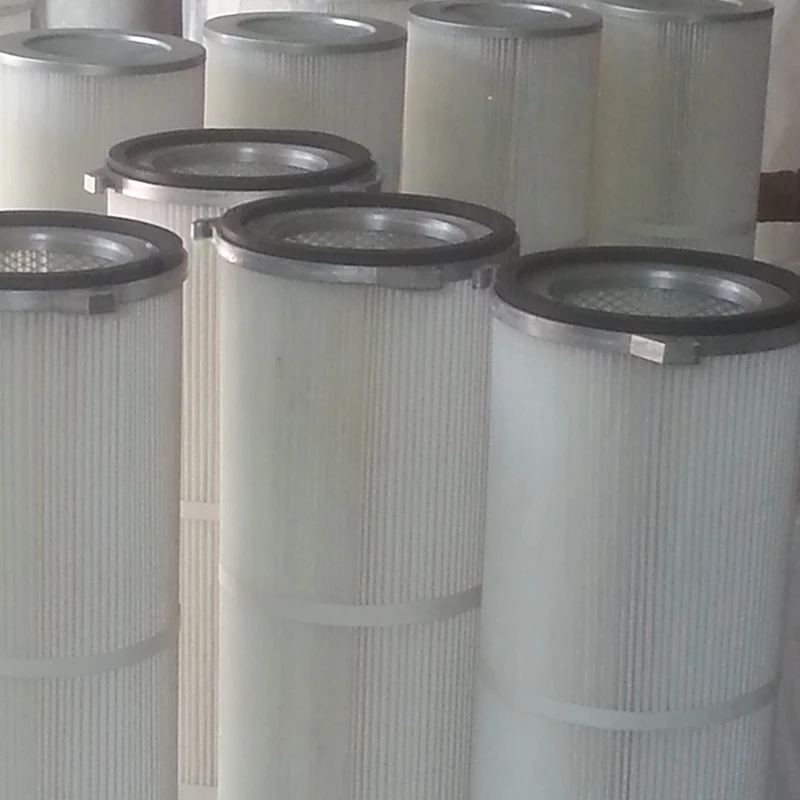 Tel:
+8618931101301
Tel:
+8618931101301
Gus . 07, 2024 18:25 Back to list
Efficient Cartridge Vacuum Filters for Advanced Filtration Solutions in Industrial Applications
Understanding Cartridge Vacuum Filters A Comprehensive Guide
Cartridge vacuum filters are pivotal in a myriad of industrial applications, serving as crucial components for solid-liquid separation processes. Designed to enhance efficiency and ease of use, these filters utilize the principles of vacuum filtration to yield high-quality results in various sectors, including pharmaceuticals, food and beverage, and wastewater treatment.
At their core, cartridge vacuum filters consist of a cylindrical filter element that is housed in a casing. The design encourages a streamlined flow of liquid while the filter media captures solid particles, effectively separating them from the liquid phase. This process can significantly improve production quality and reduce downtime across operations.
Working Mechanism
The operation of a cartridge vacuum filter is relatively straightforward. When a mixture of solids and liquids is introduced into the filtration system, a vacuum is applied to the filter element. This vacuum creates a pressure differential that draws the liquid through the filter media, while the solids are retained on the surface of the cartridge. As the filtration continues, the filter cake—a layer of retained solids on the filter media—begins to form. This filter cake can enhance the filtering capacity as it acts as an additional barrier to fine particles, improving overall filtration efficiency.
Cartridge vacuum filters can operate at various flow rates and can be adjusted to accommodate different solid concentrations and particle sizes. The versatility of these filters makes them suitable for applications ranging from clarifying liquids to concentrating slurries.
Advantages of Cartridge Vacuum Filters
cartridge vacuum filter

2. Space-Saving Design Cartridge filters are compact and can be installed in smaller spaces compared to traditional filter systems, making them ideal for facilities with limited floor space.
3. Easy Maintenance These filters are designed for easy handling and maintenance. The cartridges can often be replaced or cleaned without needing extensive downtime or complicated procedures, ensuring continuous operation.
4. Cost-Effectiveness The durable design of cartridge filters can lead to lower operational costs over time. High filtration rates can result in less wasted product and reduced need for additional processing downstream.
5. Wide Range of Applications Cartridge vacuum filters are versatile and can be customized with different filter media, making them suitable for various industries—from removing particulates in cooling water systems to filtering pulp in the paper industry.
Considerations for Selection
When selecting a cartridge vacuum filter, it’s essential to consider several factors to ensure optimal performance. These include the type of solids being filtered, the viscosity of the liquids, the required flow rate, and the operational budget. Careful attention to these factors will help in choosing the right filter that can perform adequately under specified conditions.
In conclusion, cartridge vacuum filters play a crucial role in improving industrial processes by providing reliable and efficient solid-liquid separation. Their efficient design, coupled with easy maintenance and versatility, makes them an invaluable asset across various applications. By understanding their operation and advantages, industries can maximize productivity and maintain high-quality outputs in their processes. As technology advances, we can expect further innovations in filtration methods, continuing to enhance the efficiency of cartridge vacuum filters for years to come.
-
Working principle of high-efficiency dust filter elementNewsJun.26,2025
-
The truth about washable filters: Does repeated use really not affect efficiency?NewsJun.25,2025
-
Effect of humidity on the performance of activated carbon filter elementsNewsJun.24,2025
-
Material selection considerations for dust removal filter elements under high temperature conditionsNewsJun.23,2025
-
Cold knowledge of air filters: Why are some designed to be pleated?NewsJun.16,2025
-
Factory direct supply! High-precision air filter element wholesale and customizationNewsJun.12,2025

 Email:
Email:





